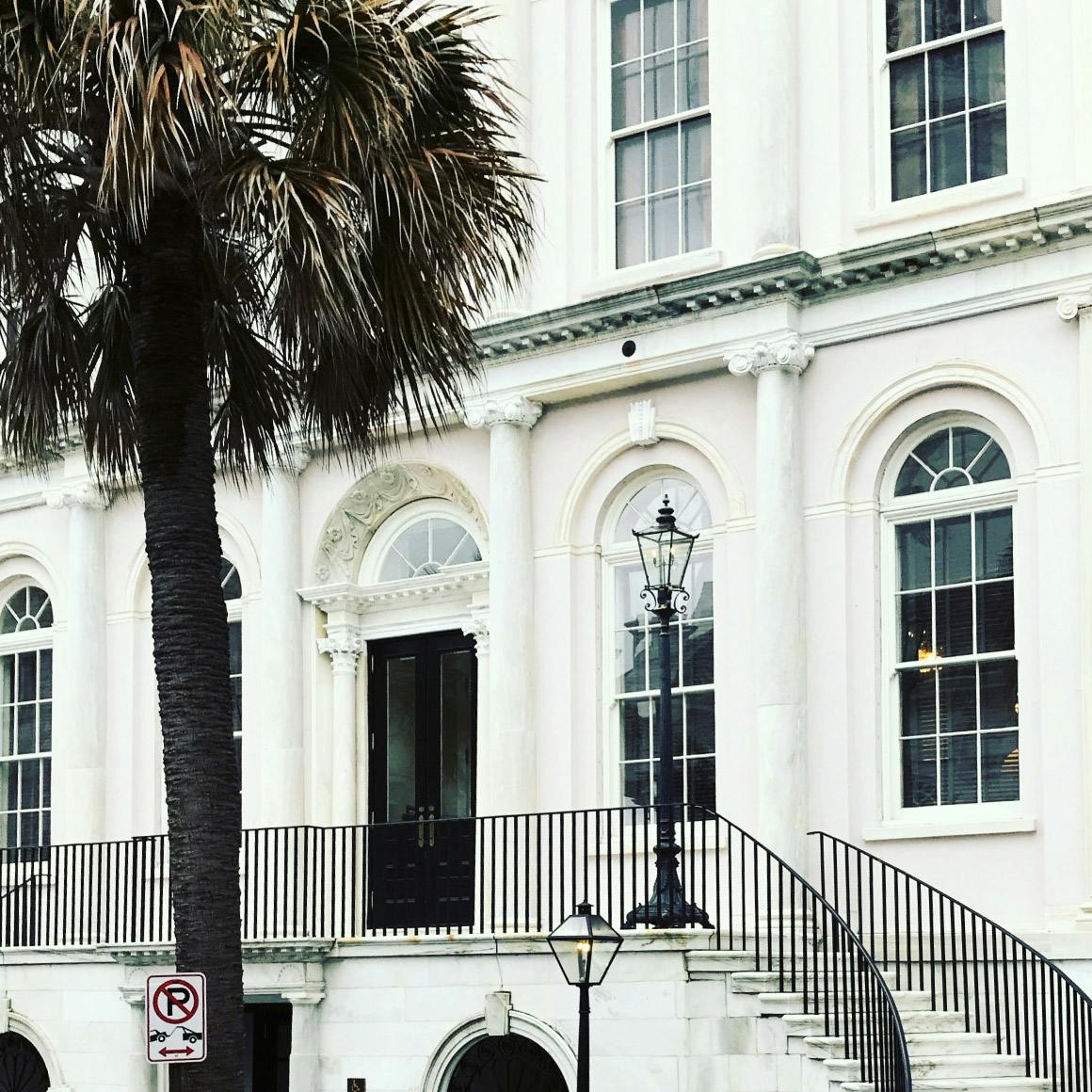It is common to experience some discomfort after root canal therapy, as well as mild swelling and irritation. However, sharp pain or pain that lingers for more than a few days may be a sign of complications. It is possible that the infection has spread to the bone or that compromised tissue still remains in the tooth. You may also have an ill-fitting restoration that needs to be resized. Contact your dentist as soon as possible if root canal pain does not subside within three to five days.
Pain Surrounding Root Canals

Pain Immediately After Treatment
Following root canal therapy, it is normal to experience some discomfort as well as inflammation around the treated tooth. You can take anti-inflammatory medication to reduce any swelling or discomfort. You should also refrain from chewing hard or crunchy food while you are recovering so as not to aggravate the area.
Is It Normal for the Tooth Next to a Root Canal to Hurt?
Yes, it’s fairly common to experience discomfort in a nearby tooth after a root canal. This can happen due to temporary inflammation, bite misalignment, or referred pain, where the brain misinterprets the source of discomfort. Sometimes, the cause may be an unrelated issue, such as a cavity or gum problem in the adjacent tooth. If the pain persists, Dr. John Rink and our team at Charleston Center for Cosmetic and Restorative Dentistry are here to help. We’ll determine the cause and ensure your smile stays healthy and pain-free.

Lingering Pain Following a Root Canal
If you experience significant pain for more than three to five days after a root canal, you should contact your dentist. Lingering pain may indicate an infection or an issue with your restoration. Sharp pain or pain that lingers for more than a few days may be a sign of complications.
Infection
One of the primary causes of pain after a root canal procedure is an ongoing infection. If bacteria have spread to the bone, it could continue to cause discomfort. Similarly, if the doctor did not remove all compromised tissue, the infection can persist. It is also possible for a tooth to become re-infected if the tooth was not sealed or restored properly.
Missed Canal
Molars have multiple canals, and although the dentist may take X-rays prior to a root canal procedure, tiny canals can be missed if they are difficult to detect. If any bit of nerve remains, patients can continue to experience pain.
Overfilling the Canals
After cleaning and reshaping the root canals, the dentist will fill the space with a rubber-like material called gutta-percha. If the dentist overfills the area, excess material can cause sharp, localized pain.
Improperly Sized Restorations
A tooth that has undergone root canal treatment must be sealed with either a filling or a crown. Restorations that do not fit properly can impact occlusion and make it difficult to eat and speak with ease.

Is Jaw Pain After a Root Canal Normal?
Yes, mild jaw pain after a root canal is relatively common. It’s typically caused by inflammation, keeping your mouth open for an extended time during the procedure, or tension in the jaw muscles.
This soreness usually resolves within a few days. However, if the jaw pain is severe or lasts more than a week, it may indicate an underlying issue such as infection, bite misalignment, or TMJ involvement.
Possible Remedies
If you experience a new or ongoing infection, your dentist can either perform a second root canal treatment or an apicoectomy, which involves surgically removing the root tip. Should your dental restoration fit improperly, your dentist can adjust the size of the crown or filling to restore your comfort.